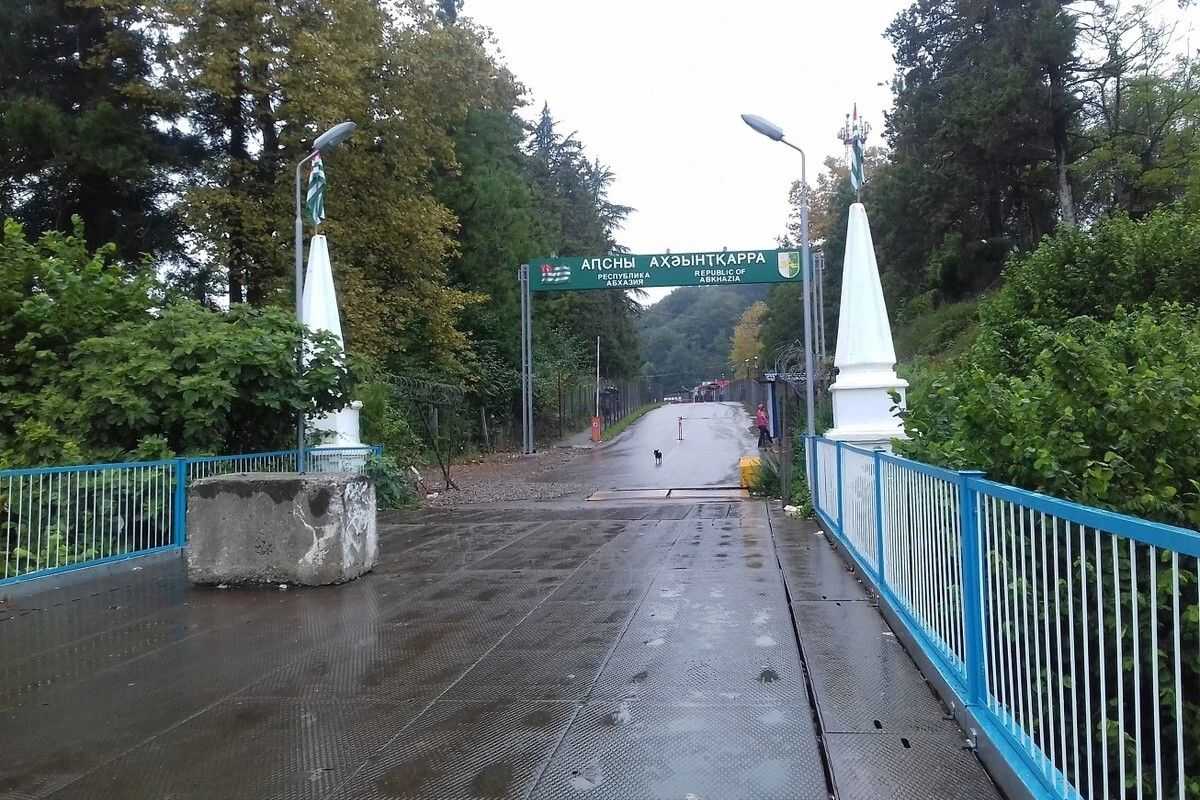
Vaccination against COVID-19 is progressing slowly in Abkhazia, with under 1% having received one dose and 474 people being fully vaccinated so far.
As of 4 June, the latest date in which statistics are available, 2,076 people had received one dose of the Russian-made Sputnik V vaccine, around 0.9% of the population. Abkhazia’s long-delayed vaccination drive only began on 12 May.
The number of people vaccinated in Abkhazia is among the lowest in the region. In Armenia, a similarly low number, 1.1% of the population, has received at least one dose. In Georgia, 4.8% of the population have received one dose, in Russia 12.4%, and in Azerbaijan. 16.9%.
Vyacheslav Abukhba, the chief physician at the Sukhum (Sukhumi) City Hospital, said that all doctors and hospital staff received their first doses before vaccination was opened to the public.
‘It’s important for doctors to be protected, because in the hospital we are in close contact with hundreds of people, and we don’t know who’s infected’, Abukhba told OC Media.
The COVID-19 outbreak in Abkhazia began in the Sukhumi City Hospital in the summer of 2020, after a patient with signs of heart failure was admitted to the cardiology department. It later turned out that he had COVID-19. Several of the doctors who were in contact with the patient fell ill, and some were reportedly sent to areas controlled by the Georgian government for treatment.
Concerns have also been raised over the possible presence of new strains of the virus in Abkhazia.
According to Abkhazia’s chief sanitary physician, Lyudmila Skorik, laboratory equipment to detect different strains would be of great help. Currently, samples must be sent for testing in Stavropol, Russia.
Svetlana Korsaya, a resident of Sukhum, is on the waiting list to receive her first dose. ‘All year I stayed safe, wore a mask, and tried to avoid mass events’, Korsaya told OC Media. ‘If I get sick, I will definitely die. I went to sign up for the vaccine, but it turned out that the nearest free date was 1 July.’
The primary geographic terms used in this article are those of the author’s. For ease of reading, we choose not to use qualifiers such as ‘de facto’, ‘unrecognised’, or ‘partially recognised’ when discussing institutions or political positions within Abkhazia, Nagorno-Karabakh, and South Ossetia. This does not imply a position on their status.








